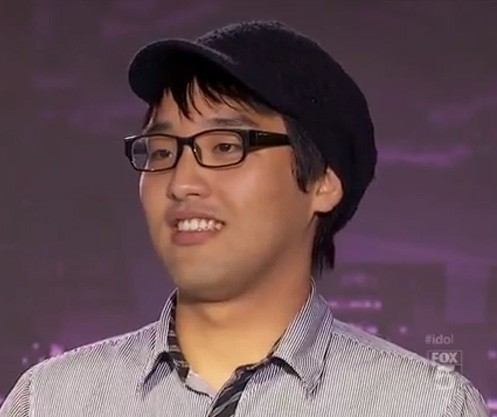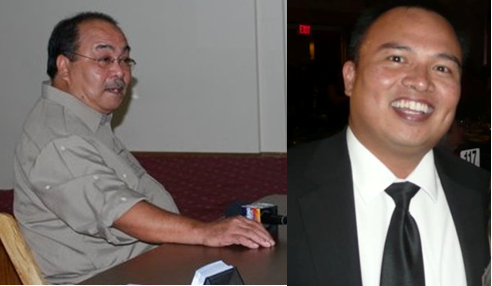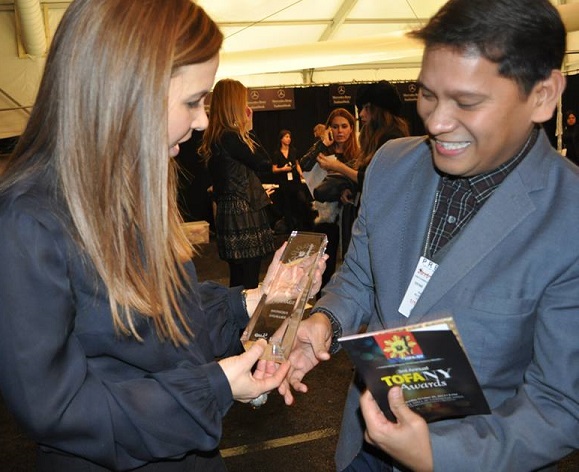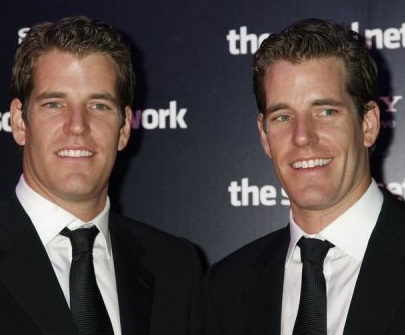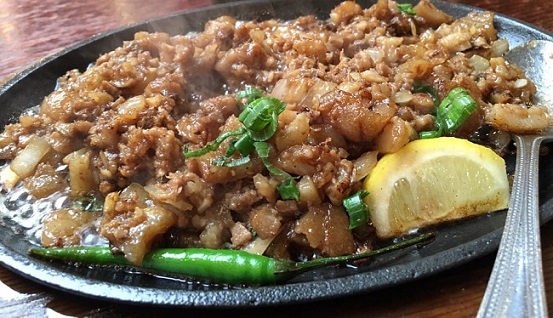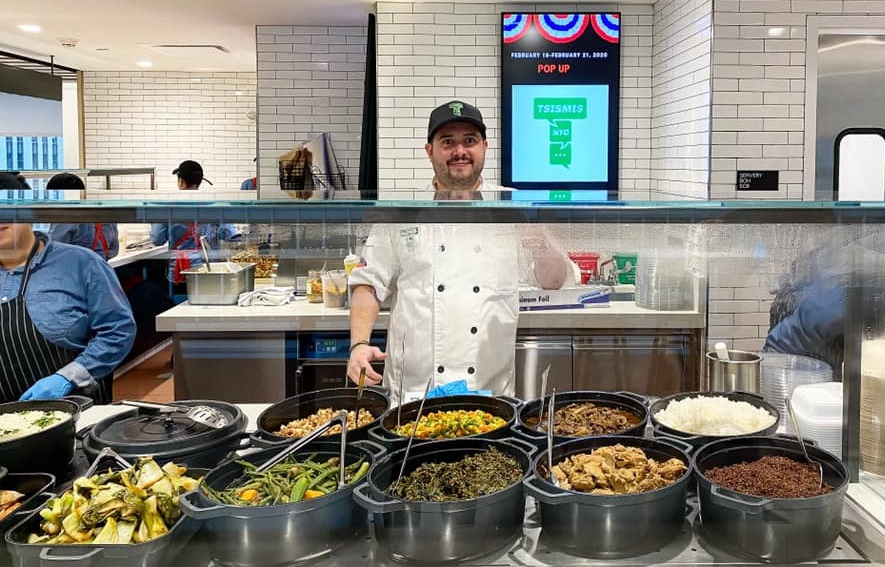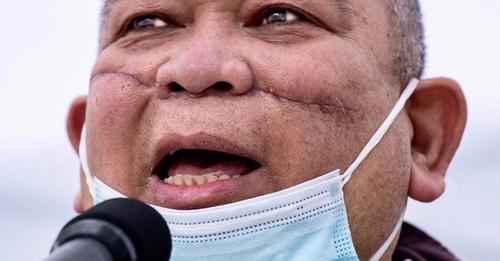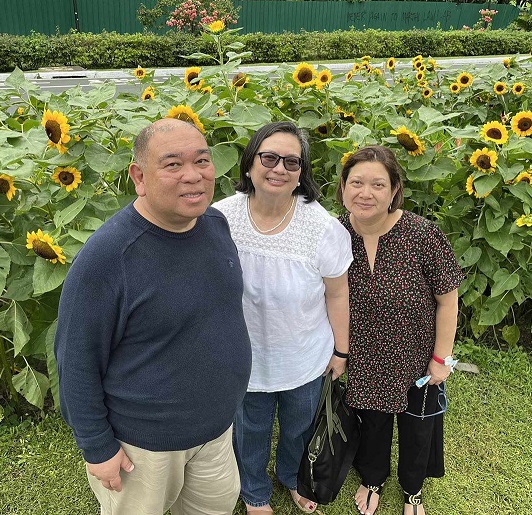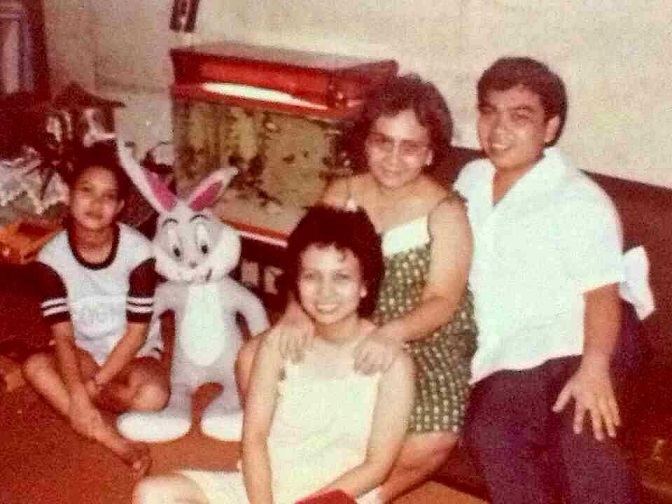Noel Quintana: ‘I was made a vehicle to speak up vs hate’
By Cristina DC Pastor
“When I Googled myself and looked at the old pictures, magang-maga pala siya (My face looked so swollen). Ngayon it doesn’t look too bad. Some people said I should get plastic surgery,” Noel Quintana, 63, gave a slight chuckle recalling in levity how he was brutally slashed across the face by a subway rider on February 3, 2021, and how, as a result, he became the poster boy for anti-Asian racism.
More than two years later, he now remembers that incident that rippled across the Asian American community in New York with a bit of dark humor. The scar, across his face, comes and goes depending on his weight, he said.
“If I gain weight the skin stretches (so it’s not so visible), but if I lose weight…” he said stopping mid-sentence. He insisted he needs to lose weight. When he sees other incidents of slashings in NYC, he says to himself, “Ay, mine is bigger, across the face pa. The others just sustained small cuts.” Not that he takes pride, but he now calls that infamous scar “my trademark.”
His memory wandered back to that morning rush hour of February 3, 2021 when a straphanger kept playing with Noel’s tote bag. Noel politely asked him to stop. The man kept doing it, and Noel asked him with more volume in his voice to stop. Just before the train opened for the next stop, the man pulled a boxcutter, reached for Noel’s face and scampered. People on the subway were shocked and just stared at him. No one bothered to help while Noel nursed his bleeding face with his palms. No one even bothered to push the alarm button.
The first thing he thought was his three siblings.
“Naiisip ko mga kapatid ko,” he said. “Kasi every night my brother and sisters and I would chat online kasi pandemic. Naisip ko, how will they know if I died?”
Noel, grateful to His Creator, did not die. A friend saw him sitting on the subway steps waiting for medical help. He rushed to offer his sympathies but the NYPD would not let him get close. It was that friend who made the effort to contact Noel’s family.
He has since stopped taking the subway. To go around the city, he books an Access-A-Ride van, courtesy of New York’s Metropolitan Transportation Authority, which takes him from his apartment in Queens to his office in Brooklyn and back.
“Hatid sundo ako Monday to Friday,” he said. “Forty minutes each way.”
He now works as an administrative assistant for a nonprofit organization called Camba, Inc. which provides housing assistance to homeless folks. Before the subway incident, he worked in Harlem and would ride the subway every day.
Normal life in Queens
Noel was born in Project 6 in Quezon City to a middle class family. His father, an accountant, is from Laguna; his mother who hails from Antique worked as a clerk at Manila City Hall. Noel came to the U.S. in 2007, the second in the Quintana family to migrate. His youngest sister Elsa came to the U.S. years before and now lives with her family in Florida. Two siblings — a brother and a sister — stayed in the Philippines.
He works as an administrative assistant, and prepares taxes on the side during tax season. He rents an apartment at the border of Queens and Brooklyn. Noel lives a fairly normal life surrounded by friends with whom he would go out for the occasional lunch or dinner. He would travel to Florida to join his sister’s family during long holidays like Thanksgiving or Christmas.
He describes himself as a quiet person who does not fancy speaking up unless spoken to. Until after the incident of February 3 when community organizations began inviting him to speak about Hate and his subway story. He spoke at rallies, community meetings, in schools, anywhere in the city almost every week. He was interviewed by international news organizations from Japan, Korea and Germany and other countries. He found a voice and an audience inspired by his courage. He believed the assault happened for a reason: That he was meant to speak up for a community cowering in fear of anti-Asian violence.
“The hate is rampant and yet walang nagsasalita,” he said. “Feeling ko I was made a vehicle. I was chosen and given this advocacy.”
His attacker, a young man in his 20s, is now behind bars, booked over a burglary he committed days after the incident. The man was given five years for that crime and another eight years for his assault on Noel for a total of 13 years. Noel thought he was going to view a lineup but “there was no lineup.” He was just shown footages from a street camera and photos of the man in custody. He wanted to speak to him but the District Attorney advised against it.
Noel said he feels no anger toward anyone. What he feels is a sense of despair that no one offered to help a person in distress. “Walang tumulong sa akin,” he said.
He believes people should help even if indirectly like calling 9-11. He didn’t know until much later when the DA told him that many people called 9-11 on his incident.
“Marami palang tumawag 9-11,” said Noel with a slightly embarrassed laugh. “I didn’t know.”
This article, originally published in Positively Filipino, is supported by funding provided by the State of California, administered by the California State Library in partnership with the California Department of Social Services and the California Commission on Asian and Pacific Islander American Affairs as part of the Stop the Hate program.

